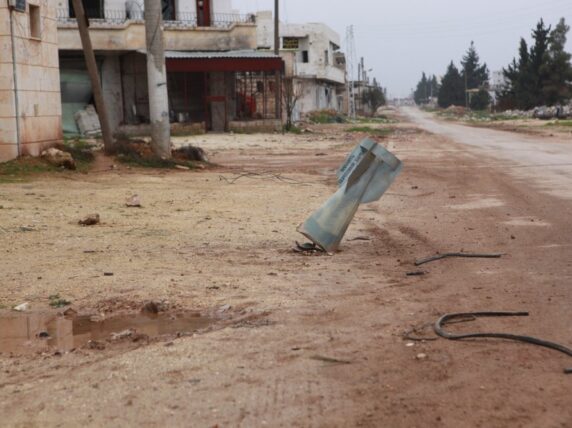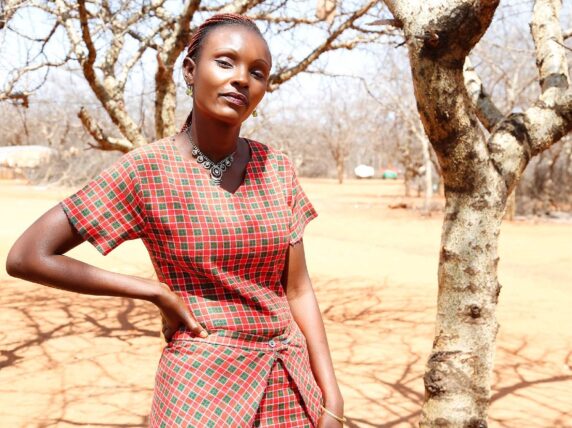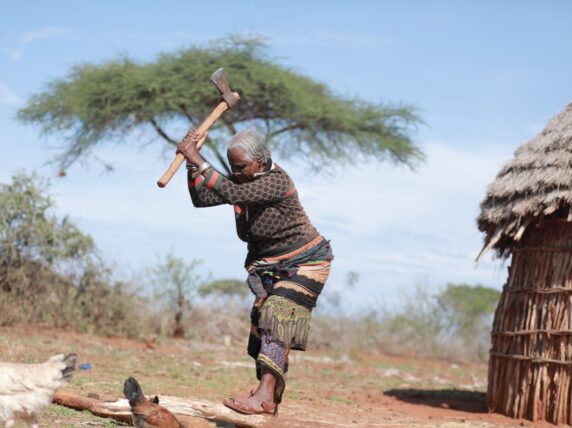One year on from the gutting of USAID by the Trump administration, our Media Advisor, Emily Loynes, looks back over a period of upheaval and uncertainty for the sector, including many of Bond’s members, and a global aid landscape still coming to terms with its new reality.
Sweeping cuts to global aid have ushered in a crisis, but they are also creating the opportunity to transform how global health partnerships develop and function for the better.
Action For Humanity has released its new report, Returning To Hope: One Year After Liberation, highlighting the stark reality facing families and outlining the urgent steps required to stabilise high-return areas. The report reflects 14 years of Action For Humanity’s work alongside Syrian communities, one of the largest locally embedded humanitarian efforts in the country.
As today marks international Human Rights Day, it is a moment to reflect on the commitments made to uphold the rights and dignity of all people. Among some of the most urgent of these injustices is Female genital mutilation, a practice that affects 230 million girls and women worldwide.
It’s been a year of difficult conversations, shrinking resources, and moments where the gap between what we say and stand for and what we’re able to deliver has felt unbearably wide. But it’s also been a year that has clarified, for Bond’s Mustafa Al-Soufi at least, what this work is really about—and what it demands of us.
The issues raised in a recent Bond blog are important and its recommendations sound. But not all international volunteering is voluntourism – and failing to recognise this risks a valuable aspect of development work.
In a time of shrinking resources and increasing crises, UNICEF UK describes how it takes proven approaches and embeds them into public systems, scaling solutions through policy and finance to achieve lasting, systemic change.
We have seen how powerful the international community can be with the way the world responded to the outbreak of war in Ukraine. Politicians, diplomats and leaders now have a role to play in making sure that Sudan is not left behind, before it’s too late for the next generation.
By 2050, one in five people will be over 60, with 80% living in low- and middle-income countries. Yet the humanitarian system remains largely unprepared to anticipate and meet older people’s needs, uphold their rights or support their contributions.









